request an appointment online.
- Diagnosis & Treatment
- Cancer Types
- Inflammatory Breast Cancer (IBC)
Get details about our clinical trials that are currently enrolling patients.
View Clinical TrialsInflammatory breast cancer (IBC) is a rare, aggressive form of breast cancer. Instead of forming a lump, the disease causes the affected breast to become swollen, red and tender, often in a matter of days or weeks.
Inflammatory breast cancer (IBC) is a rare, aggressive form of breast cancer. Instead of forming a lump, the disease causes the affected breast to become swollen, red and tender, often in a matter of days or weeks.
These symptoms are not caused by inflammation. Instead, they are caused by cancer cells blocking lymph vessels in the skin and soft tissue. Lymph is a clear fluid that contains tissue waste and cells that help fight infection. It travels through the body in vessels that are similar to veins. When these vessels are blocked by cancer cells, lymph builds up in the breast, causing it to swell.
Like more common forms of breast cancer, IBC can be divided into three molecular subtypes that can fuel the cancer's growth and spread: HER2-positive, hormone receptor positive, and triple-negative. Compared to non-inflammatory breast cancer, IBC is more often HER2-positive or triple-negative. These subtypes impact a patient’s treatment and prognosis. Learn more about these molecular subtypes on our main breast cancer site.
IBC is an aggressive disease, with a historically reported five-year survival rate around 40%. Advances in care are helping more patients live longer, though. Recent studies have shown that with the right treatment IBC's five-year survival rate is closer to 70% for stage III patients, and up to 50% for newly diagnosed stage IV patients.
Inflammatory breast cancer risk factors
A risk factor is anything that increases the chances of developing a specific disease.
The risk factors for inflammatory breast cancer are the same for other breast cancers. These include:
- Age: As women age, their breast cancer risk increases. Most breast cancers are diagnosed after age 50. On average, IBC is diagnosed about 5 years younger than non-IBC, at an average age of 51 years old.
- Inherited genetic mutations: Specific gene mutations increase the risk of developing cancer. These include BRCA1 and BRCA2 mutations. Normal BRCA1 and BRCA2 genes repair damaged DNA. When these genes are mutated in certain ways, they fail at DNA repair, which could lead to breast and/or ovarian cancer. Other mutations that can lead to breast cancer are to PALB2, another DNA repair gene; CHEK2, a tumor suppressor gene; and PTEN, which controls how quickly cells multiply. At this time, there are no mutations associated specifically with IBC. The disease has similar rates of BRCA1 and BRCA2 mutations as non-IBC breast cancers. Research into the role genetics may play in IBC is ongoing. Learn more about hereditary cancer syndromes.
- Family history: A woman’s odds of developing breast cancer are higher if a parent, sibling or child has had the disease.
- Early menstruation: Women who began menstruating before age 12 have a higher risk of developing breast cancer.
- No full-term pregancies or pregnancy before 30: Women who have no full-term pregnancies or their first pregnancy after age 30 are at a higher risk of breast cancer.
- Previous breast cancer diagnosis: A woman who has had breast cancer once has a higher risk of developing a second cancer.
- Previous radiation therapy: People who had radiation therapy to the chest in childhood or early adulthood to treat another cancer are at a higher risk of developing breast cancer. The benefits of these earlier radiation treatments far outweigh the risks, however.
- Obesity: Obesity, particularly after menopause, increases a woman’s breast cancer risk.
- Dense breast tissue: Based on its appearance in a mammogram, dense breast tissue is a known risk factor for breast cancer.
Learn more about inflammatory breast cancer:
- Inflammatory breast cancer symptoms
- Inflammatory breast cancer diagnosis
- Inflammatory breast cancer treatment
Some cases of inflammatory breast cancer can be passed down from one generation to the next. Genetic counseling may be right for you. Learn more about the risk to you and your family on our genetic counseling page.
Breast cancer recurrence: Which types of breast cancer are most likely to come back?
Breast cancer recurrence happens when breast cancer comes back after you receive treatment. I often get asked which breast cancer types have the highest rates of disease recurrence.
The answer isn’t so simple. Read on to learn what factors may contribute to breast cancer recurrence and get answers to other common questions I hear about breast cancer recurrence.
Which types of breast cancer are more likely to recur?
All types of breast cancer can recur.
There isn’t one variable that uniquely determines whether breast cancer will come back in a particular patient. Recurrence depends on several factors, including the cancer’s stage, receptor status, the tumor’s response to treatment and compliance with the recommended treatment.
Cancer stage
One of the best predictors of breast cancer recurrence is the cancer’s stage at the time of diagnosis.
In general, the higher the cancer’s stage, the higher the risk for recurrence. So, if you are diagnosed with breast cancer at stage III, there’s a higher chance that the breast cancer will come back compared to being diagnosed with breast cancer at stage I.
However, this doesn’t mean that all stage III breast cancers will eventually recur. And some stage I breast cancers may recur.
Receptor status
The breast cancer’s receptor status subtype may also contribute to recurrence. There are three receptors that we measure in breast cancer: estrogen, progesterone and HER2. Receptor status refers to how these three receptors express in the breast cancer cell: positive or negative. The combination of these three receptors determines the receptor status of each breast cancer and guides doctors on how to treat the disease.
Triple-negative breast cancer (all three receptors are negative) is an aggressive subtype of breast cancer, meaning that the cancer tends to grow rapidly and usually requires chemotherapy.
Inflammatory breast cancer is an aggressive type of cancer that is often triple-negative or HER2 positive. It has a high rate of recurrence.
Treatment
While aggressive breast cancers have a higher risk for recurrence, that’s not always the case.
How you treat the breast cancer initially – including chemotherapy, radiation therapy, the type of surgery and other therapies – as well as how the tumor responds to these treatments can affect your risk for recurrence.
For example, triple-negative breast cancer usually responds well to systemic therapy. So, patients who get chemotherapy with immunotherapy and then have breast surgery and experience a pathological complete response have a lower risk for recurrence than someone who has an estrogen receptor-positive breast cancer that did not respond to therapy.
However, if someone has triple-negative breast cancer and the tumor does not respond after chemotherapy and surgery – or grows larger during chemo, that cancer has a very high risk for recurrence.
How long after treatment does breast cancer come back?
Again, it depends.
We researched the recurrence risk for triple-negative breast cancer after five years from completion of treatment and found that the risk was very low, around 2% to 3%. This is for all stages of triple-negative breast cancer. If you are disease-free at year five, you have a very low risk for recurrence.
HER2 positive breast cancer is like triple-negative breast cancer in that if it does recur, it’s usually in the first five years after treatment.
About 50% of estrogen receptor-positive breast cancer recurrences happen in the first five years. The other 50% of recurrences are after five years. Most recurrences happen in the first 10 years, but it could be further out than that. We’ve had patients who had a recurrence 25 years after treatment, but those cases tend to be rare.
MD Anderson is #1 in Cancer Care
Why MD Anderson for IBC Treatment


Featured Podcasts:
Why are more women under 50 getting cancer?
Inflammatory breast cancer (IBC) clinical trials at MD Anderson
Why choose MD Anderson for inflammatory breast cancer care?
IBC represents only 1%-5% of all breast cancer cases in the United States. Due to its aggressive nature, though, it accounts for about 10% of U.S. breast cancer deaths. Early and accurate inflammatory breast cancer diagnosis and personalized treatment by experts who specialize in IBC can make an important difference.
At MD Anderson, we established the world's first cancer clinic dedicated to the treatment of women with inflammatory breast cancer. We see hundreds of inflammatory breast cancer patients each year, more than any other center in the world. Patients at the Inflammatory Breast Cancer Clinic can be seen by medical oncologists, radiation oncologists and surgeons who special expertise in the treatment of IBC. This group works together to coordinate care and develop a personalized treatment plan for each patient. In addition, faculty attend weekly case conferences to discuss new patients and/or difficult cases, ensure multi-disciplinary input and offer the highest quality of care.
Inflammatory breast cancer research gives new hope
MD Anderson has played a key role in development of many treatments to improve the survival of inflammatory breast cancer patients. In fact, this is one of the few places with the experience and expertise to offer clinical trials for all stages of inflammatory breast cancer, from newly diagnosed to recurrent/metastatic disease. Current trials include the use of immunotherapy, new targeted therapy regimens and new drug combinations.
And, at MD Anderson you're surrounded by the strength of one of the nation's top-ranked cancer centers. We have all the support and wellness services needed to treat the whole person – not just the disease.
MD Anderson is a big organization, but it’s welcoming and it makes you feel safe. Help was always available.
Sandy Bobet
Caregiver
Featured Articles
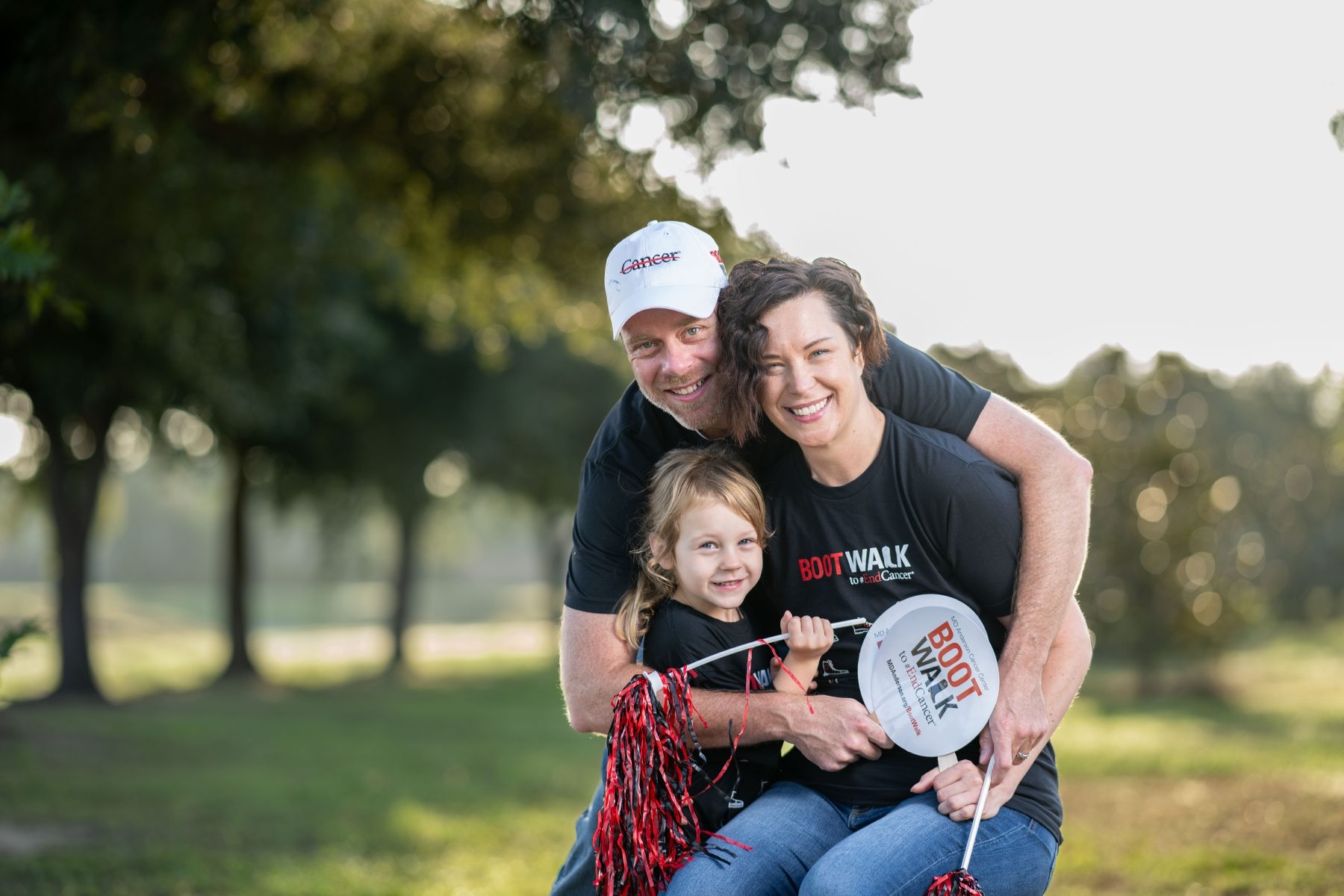
Inflammatory breast cancer survivor finds hope at MD Anderson
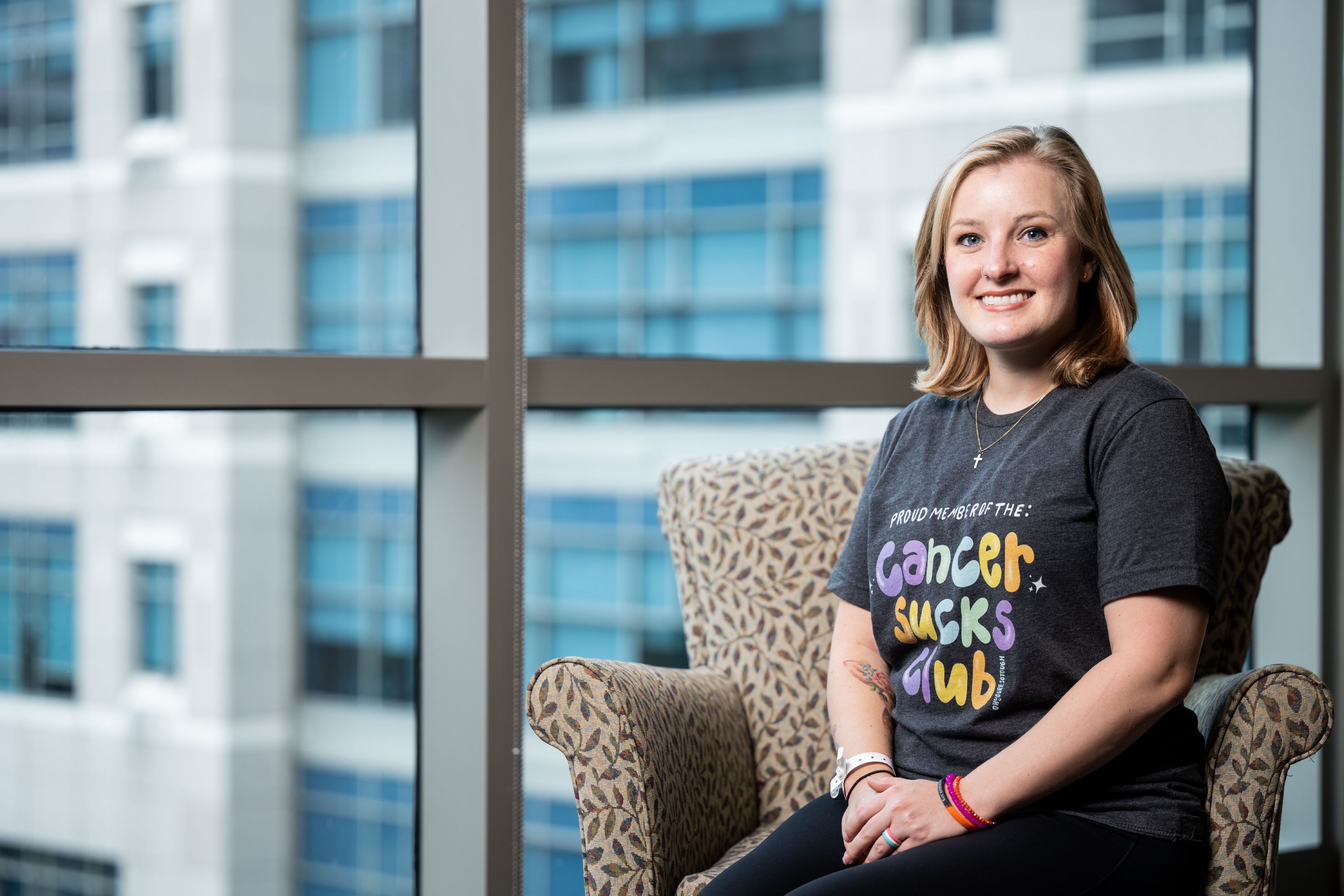
Stage IV breast cancer survivor thankful she can watch her child grow up

What does an early inflammatory breast cancer rash look like?
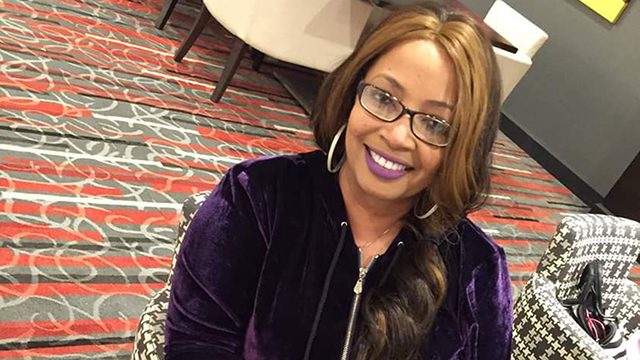
Inflammatory breast cancer survivor: I’m glad I went to MD Anderson
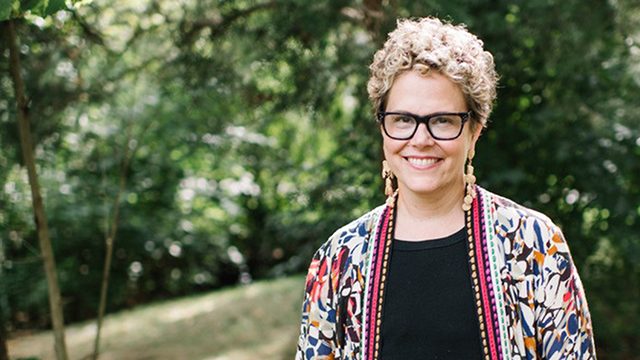
Inflammatory breast cancer survivor: Why I chose MD Anderson for my treatment
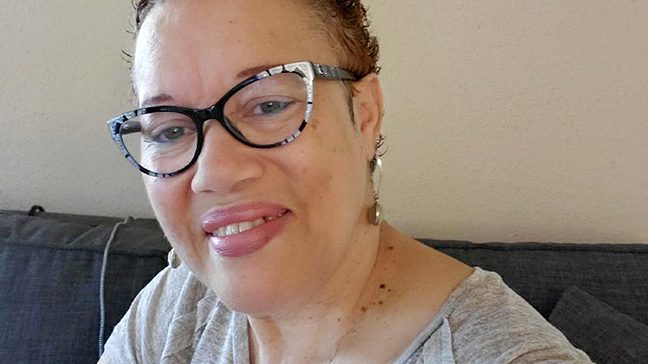
Inflammatory breast cancer survivor is grateful for clinical trials
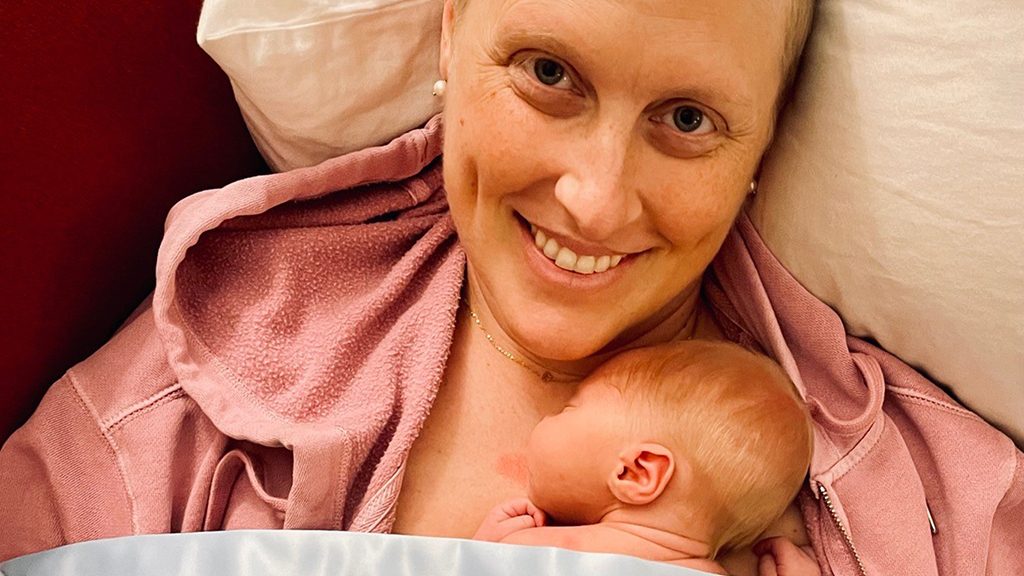
Triple-negative inflammatory breast cancer survivor: Navigating treatment during pregnancy
Treatment at MD Anderson
Inflammatory breast cancer is treated in a special IBC Clinic at our Nellie B. Connally Breast Center.
Clinical Trials
MD Anderson patients have access to clinical trials offering promising new treatments that cannot be
found anywhere else.
Becoming Our Patient
Get information on patient appointments, insurance and billing, and directions to and around MD Anderson.
myCancerConnection
Talk to someone who shares your cancer diagnosis and be matched with a survivor.
Prevention & Screening
Many cancers can be prevented with lifestyle changes and regular screening.
Counseling
MD Anderson has licensed social workers to help patients and their loved ones cope with cancer.
Help #EndCancer
Give Now
Donate Blood
Our patients depend on blood and platelet donations.
Shop MD Anderson
Show your support for our mission through branded merchandise.

